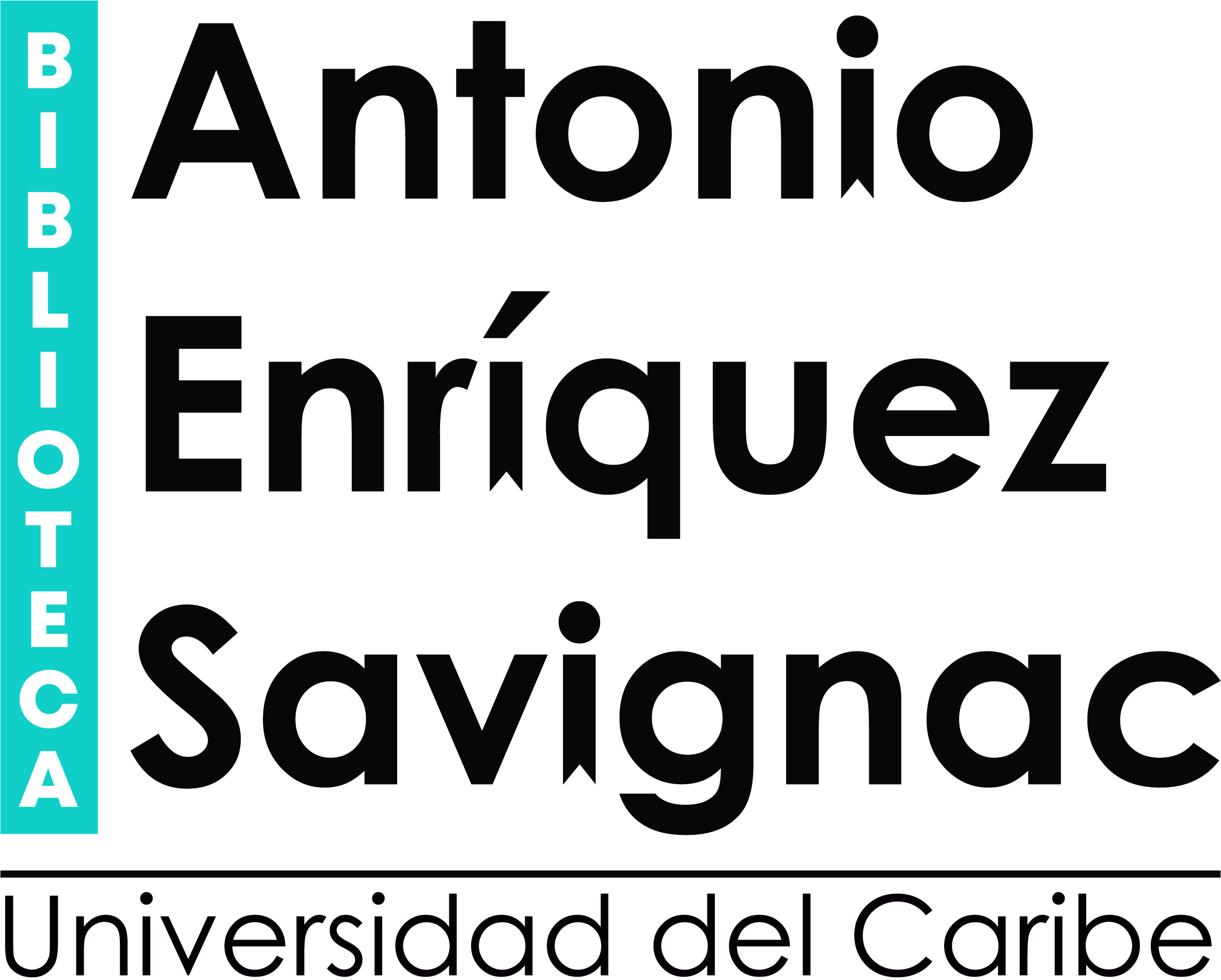The knowledge manager's handbook : a step-by-step guide to embedding effective knowledge management in your organization / Nick Milton, Patrick Lambe.
Tipo de material: TextoIdioma: Inglés Editor: London ; New York : Distribuidor: Kogan Page, Fecha de copyright: ©2020Edición: 2a ediciónDescripción: xix, 428 páginas : ilustraciones, gráficas ; 23.5 x 15.5 cmTipo de contenido:
TextoIdioma: Inglés Editor: London ; New York : Distribuidor: Kogan Page, Fecha de copyright: ©2020Edición: 2a ediciónDescripción: xix, 428 páginas : ilustraciones, gráficas ; 23.5 x 15.5 cmTipo de contenido: - texto
- sin medio
- volumen
- 9781789660357
- 9780749484606
- Lambe, Patrick, 1960 [autor]
- 658.4/038 23
- HD 30 .2 M54 2020
| Tipo de ítem | Biblioteca actual | Biblioteca de origen | Colección | Signatura topográfica | Copia número | Estado | Notas | Fecha de vencimiento | Código de barras | Reserva de ítems | |
|---|---|---|---|---|---|---|---|---|---|---|---|
 Libros para consulta en sala
Libros para consulta en sala
|
Biblioteca Antonio Enriquez Savignac | Biblioteca Antonio Enriquez Savignac | COLECCIÓN RESERVA | HD 30 .2 M54 2020 (Navegar estantería(Abre debajo)) | Ejem.1 | No para préstamo (Préstamo interno) | Ingeniería en Datos e Inteligencia Organizacional | 042686 |
Incluye referencias blibliográficas e índice
Chapter 00: Introduction --
Section ONE: Orientation to knowledge management implementation --
Chapter 01: What is knowledge management? --
Chapter 02: The stages of KM implementation --
Chapter 03: Barriers and pitfalls --
Section TWO: Preparation and resources --
Chapter 04: Knowledge management strategy --
Chapter 05: The role, skills and characteristics of the knowledge management leader --
Chapter 06: The KM team members --
Chapter 07: The role of senior management --
Chapter 08: Budget and timescale --
Chapter 09: Aims and objectives for the KM implementation programme --
Chapter 10: Finding partners to help you --
Section THREE: Assessment and planning --
Chapter 11: Conducting the knowledge resources audit --
Chapter 12: The knowledge management framework --
Chapter 13: The knowledge discussion elements of the KM framework --
Chapter 14: The knowledge capture and documentation elements of the KM framework --
Chapter 15: The knowledge synthesis elements of the KM framework --
Chapter 16: The knowledge-finding and re-use elements of the KM framework --
Chapter 17: Knowledge organization --
Chapter 18: Influencing the stakeholders --
Chapter 19: Culture, communications and change --
Chapter 20: Preparing the KM implementation plan --
Section FOUR: The implementation activity --
Chapter 21: Building the KM champion network --
Chapter 22: Trials and pilots --
Chapter 23: Roll-out, embedding and governance --
Chapter 24: Setting up the KM metrics and reporting system --
Chapter 25: Dealing with bumps in the road --
Chapter 26: Transition to the operational team --
Section FIVE: Deepening and extending your KM programme --
Chapter 27: Working with external frameworks and standards --
Chapter 28: Working externally --
Chapter 29: Knowledge management and digital transformation --
Section SIX: Case histories --
Chapter 30: Implementing KM at Mars --
Chapter 31: NASA – emergence, evolution and resilience of a KM programme --
Chapter 32: Using the ISO KM standard 30401:2018 to sense-check KM at Petroleum Development Oman --
Chapter 33: KM implementation in a global oil and gas company --
Chapter 34: KM implementation at Huawei --
Chapter 35: KM implementation at the Singapore Youth Olympics --
Chapter 36: Implementing and sustaining KM in the Public Works Department Malaysia --
Chapter 37: Summary --
Chapter 38: Glossary --
Chapter 39: Index
Resumen en español
"La forma en que una organización gestiona y difunde su conocimiento es clave para la toma de decisiones comerciales informadas, la eficacia y la ventaja competitiva.The Knowledge Manager's Handbook lleva paso a paso a través de los procesos necesarios para definir e integrar un marco de gestión del conocimiento efectivo dentro de una organización. Esta segunda edición ahora incluye una guía clara sobre los requisitos de mejores prácticas del primer estándar reconocido internacionalmente para la gestión del conocimiento, ISO 30401, así como contenido sobre el impacto de la IA y el análisis de datos Nick Milton y Patrick Lambe trabajan en cada etapa de la creación e implementar un marco de gestión del conocimiento para las necesidades específicas de una organización, basado en los cuatro aspectos esenciales de la gestión del conocimiento: personas, procesos, tecnologías y gobernanza Con estudios de casos internacionales actualizados de organizaciones de todos los tamaños y sectores, junto con plantillas fáciles de usar y listas de verificación para ayudar a implementar una gestión eficaz del conocimiento nt procedimientos, El manual del administrador del conocimiento es la guía de principio a fin para hacer un cambio sostenible en la cultura de gestión del conocimiento"--
|
|
"The way an organization manages and disseminates its knowledge is key to informed business decision-making, effectiveness and competitive edge. The Knowledge Manager's Handbook takes you step by step through the processes needed to define and embed an effective knowledge management framework within an organization. This second edition now includes clear guidance on the best practice requirements from the first ever internationally recognised standard for knowledge management, ISO 30401, as well as content on the impact of AI and data analytics. Nick Milton and Patrick Lambe work through each stage of creating and implementing a knowledge management framework for an organization's specific needs, based around the four essential aspects of knowledge management: people, processes, technologies and governance. With updated international case studies from organizations of all sizes and sectors, along with user-friendly templates and checklists to help implement effective knowledge management procedures, The Knowledge Manager's Handbook is the end-to-end guide to making a sustainable change in the knowledge management culture"-- Proporcionado por el editor.

